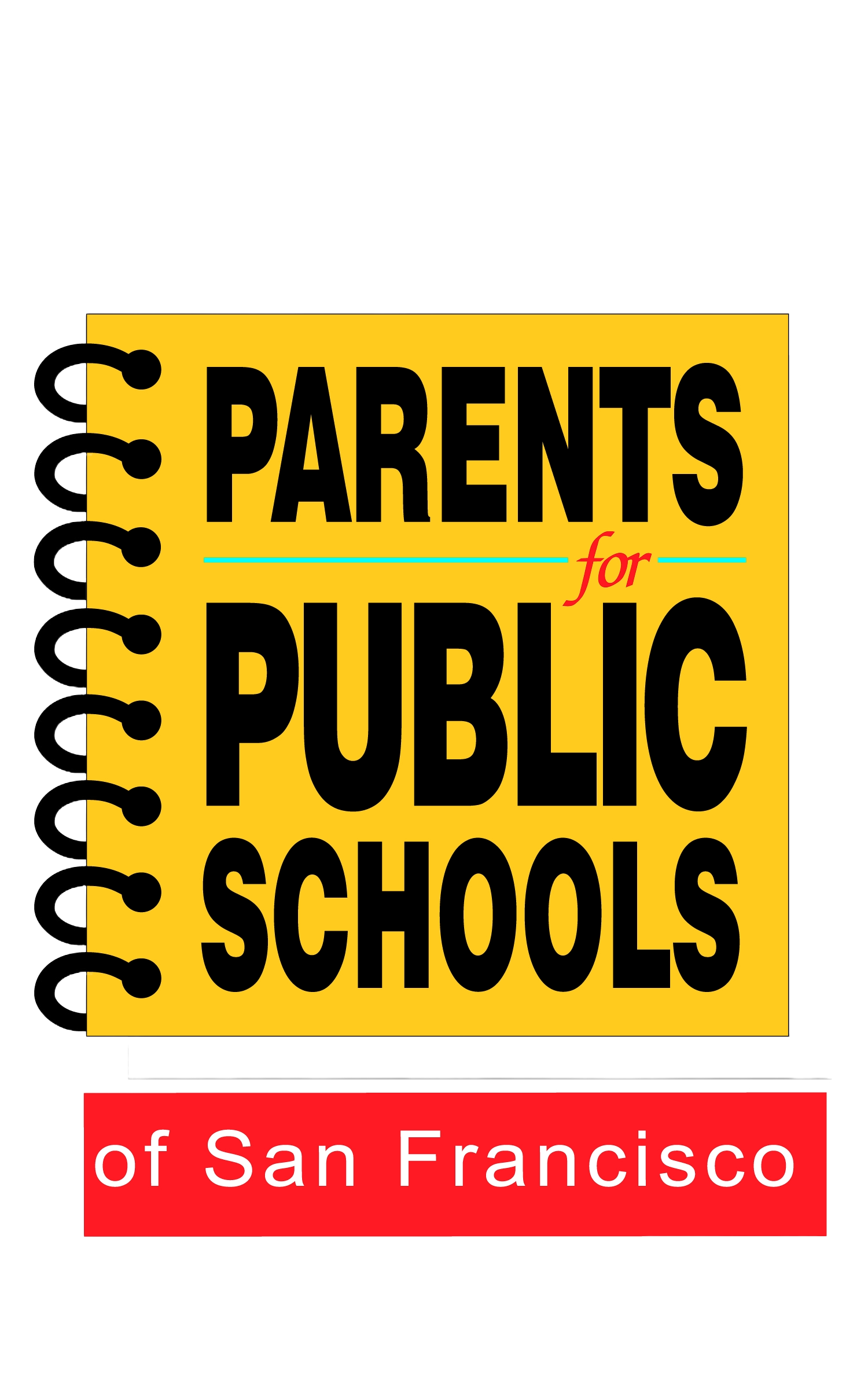High School Task Force
Graphic with text that has header “The High School Task Force” and subtext “What you need to know:” and many drawn people at the bottom right.
Last month I stated that I would be writing about the lack of special education content expertise within the High School Taskforce.
This particular blog post hits close to my lived experience.
As a former SFUSD student with a disability, I left school in the mid-90s, around the time 19 prisons and 1 university were built across California. I remember how I was called into my counselor's classroom, put in a closet with a single table, chair and light directly above it (this still reminds me of a police interrogation room), giving me a test to take without explanation or understanding why I was there. I still remember the feeling of being unwelcome, a burden, being held until my prison cell was ready for me. I wondered why my grandmother would lie to me and tell me I could do wonderful things in life and encourage college when it appeared to me that she was the only one that believed that...
Upon speaking to several families, educators and former students who participated with special education, here are some of the insights we shared.
The High School Taskforce can recommend:
ASL (American Sign Language) as a language offered to students to graduate. It is a language that may reduce the number of students unable to graduate due to language course requirements because it requires movement, coordination and expression. It is also a valuable language to learn to expand who children can communicate with their communities. This way students with a disability would have both expanded opportunities to communicate in another way and the language barrier removed from graduation.
Educators need paid time to modify curriculum for special day classes in high school. They need to receive paid time to modify their curriculum to accommodate students in a Special Day Class that is given to teachers teaching advanced placement is equitable and can lead to better outcome for students and better moral for teachers.
College and career expanded services are necessary to support children with disabilities to overcome barriers they may face getting into and succeeding in college. A few people spoke about how college was rarely mentioned as a possibility for them by educators. Although, by law as a student 16 years old and over a transition plan is required with vocational and college career goals. A more dynamic strategy is needed to support learners through services like persistence conferencing, experiential learning, and financial and support services opportunities that exist on college campuses.
Solutions must be found to develop a course schedule that meets compliance for graduation while also centering goals that can make academic course work real for students. I was surprised to learn that a student with an IEP (Individualized Education Plan) at Lowell High School was not allowed to take an AP (Advancement Placement) class but was told the school was only focused on making sure students graduate. Discouraging students from taking classes they feel can move them forward to their dreams based on staff assumptions should not be acceptable by anyone in the schools.
Students with IEP’s may need extra encouragement and more one-on-one assistance as they work to meet their goals. In high school, students especially feel the need to find belonging and sometimes may need deeper staff bonds which serve as a motivation and support to be their best self.
All students benefit from independent living skill building taught by professionals that have both expertise and can relate with students.
There should be an alternate path to graduation as stated in AB181 Special Education and Independent Study*.
Of particular notice, some things that were mentioned that was disheartening to me were the disproportionate number (750) of Black students identified as needing special education services. These students are more likely to be suspended from school, causing more class time to be missed, which can lead to the feeling like they are not part of the community. To one parent, it felt like the school to prison pipeline was designed with students in special education in mind. Being a teenager is hard enough without feeling like the place you are supposed to be for 7 hours a day is a waiting room until you graduate or go to prison.
I will close with this, Parents for Public Schools of San Francisco wants all our children to feel like they are worthy of trying to take a challenging class to better themselves, learn a unique way to communicate, feel they can get the support they need to go to college or technical school or whatever they choose to do during and after.
We believe we are a village of parents, community members, and educators. Our job is to uplift, support and give wings to all our children to explore and follow their dreams.
And, when our children are supported and cared for...
It allows them to tap into their brilliance and we all benefit.
*AB181 is an assembly bill signed by Governor Gavin Newsome in 2022.
Section 73 amends Section 51745 of the California Education Code (EC) to add specific guidance for individual education program teams to consider in determining whether independent study is appropriate for individuals with exceptional needs. To elaborate on considerations for participation of an individual with exceptional needs in an independent study program. Local educational agencies may offer independent study to meet the educational needs of students, including students with exceptional needs as determined appropriate by the individualized education program (IEP) Team.
References:
https://www.cde.ca.gov/sp/se/lr/om081922.asp
https://leginfo.legislature.ca.gov/faces/codes_displaySection.xhtml?sectionNum=51745&lawCode=EDC

